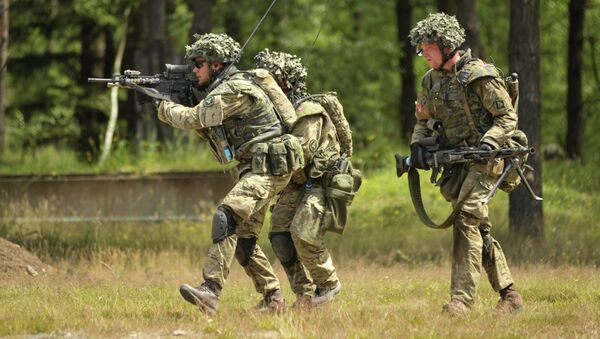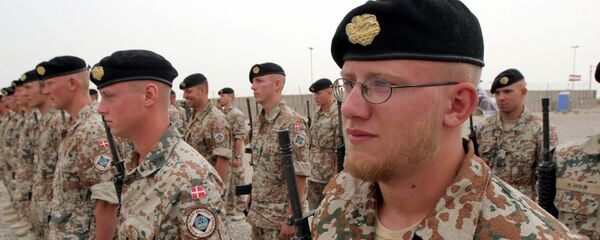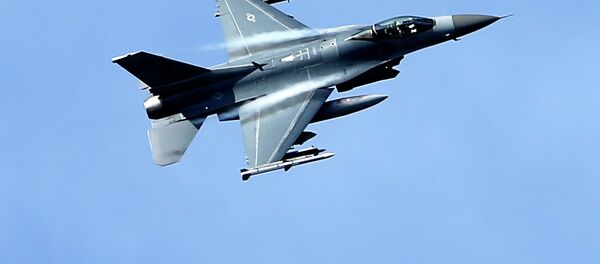General Knud Bartels, who was also Denmark's former defense minister, warned the current Danish government that the country's standing and influence in NATO is being questioned due to budget cuts and what he believes to be "a growing discrepancy between [Denmark's] ambition level and [its] ability to contribute" to the military alliance.
Danish newspaper Berlingske published the letter, which was sent by Bartels to current Defense Minister, Carl Holst, just before the former's term at NATO finished in June.
Bartels warned Holst that he was concerned Denmark wasn't keeping up to speed with the changing security situation in Europe, warning that changes to NATO's structure could leave Denmark as a minor player in the alliance.
Military experts concerned about Denmark’s NATO future #NATO #denmark #military http://t.co/oqnv5XPuUY pic.twitter.com/x6NybfTtqu
— The Copenhagen Post (@cphpost) August 11, 2015
"I see Denmark's role in the alliance as challenged. At the same time, Denmark will after my retirement as the chairman of the Military Committee no longer have people placed in leadership positions in the alliance, neither military nor civil, thus missing visibility and influence," Bartels wrote.
Confused General thinks the Danish armed forces' job is the defence of Danish and NATO territory. What a loonie. https://t.co/aqSVAduftF
— Erik Wätterbjörk (@ewatterbjork) August 11, 2015
Denmark 'Under Pressure' From NATO Expectations
In a sign that NATO officials are actively pushing member states to contribute more towards defense spending, Bartels added that "Denmark's military level could come under pressure from the alliance's expectations," given NATO's concern over what it perceives to be Russian aggression in eastern Europe.
The letter also served a warning to Copenhagen that officials would be under pressure to a plan outlining an increase to military contributions at next year's top meeting in Warsaw.
Nato in the Baltics is not about security from Baltic perspective, its about economics. Nato spending 65M on base in Estonia. Fear=Money
— Michael Hockney (@coloursofrussia) August 10, 2015
Holst has hinted that he supports an increase in Danish military spending following pressure from government support parties the Danish People's Party (DPP) and the Conservatives.
NATO officials have come under fire from various political figures in Europe due to their insistence that countries should increase their military spending, at a time when many member states are struggling economically.
The Two Percent Debate
Despite support for an increase in Danish military spending among some groups in Denmark, the letter is seen as another example of NATO flexing its muscles to try and influence member states to meet defense spending targets.
NATO has consistently raised concerns about what it believes to be Russian aggression in Ukraine and eastern Europe, and has returned serve by bolstering military resources in eastern Europe and the Baltic states.
NATO urges its members to spend two percent of GDP on defense, however statistics have shown that the majority of the alliance's member states do not meet the target.
Here's where NATO countries currently stand on defense spending #aspensecurity pic.twitter.com/Bsl9UcyUtL
— Kedar Pavgi (@KedarPavgi) July 23, 2015
The alliance's own report, released in June, found that only five nations — Estonia, Poland, the UK, Greece and the US — out of 28 were on target to meet the two percent deadline in 2015, with many countries struggling to justify an increase in defense spending.




